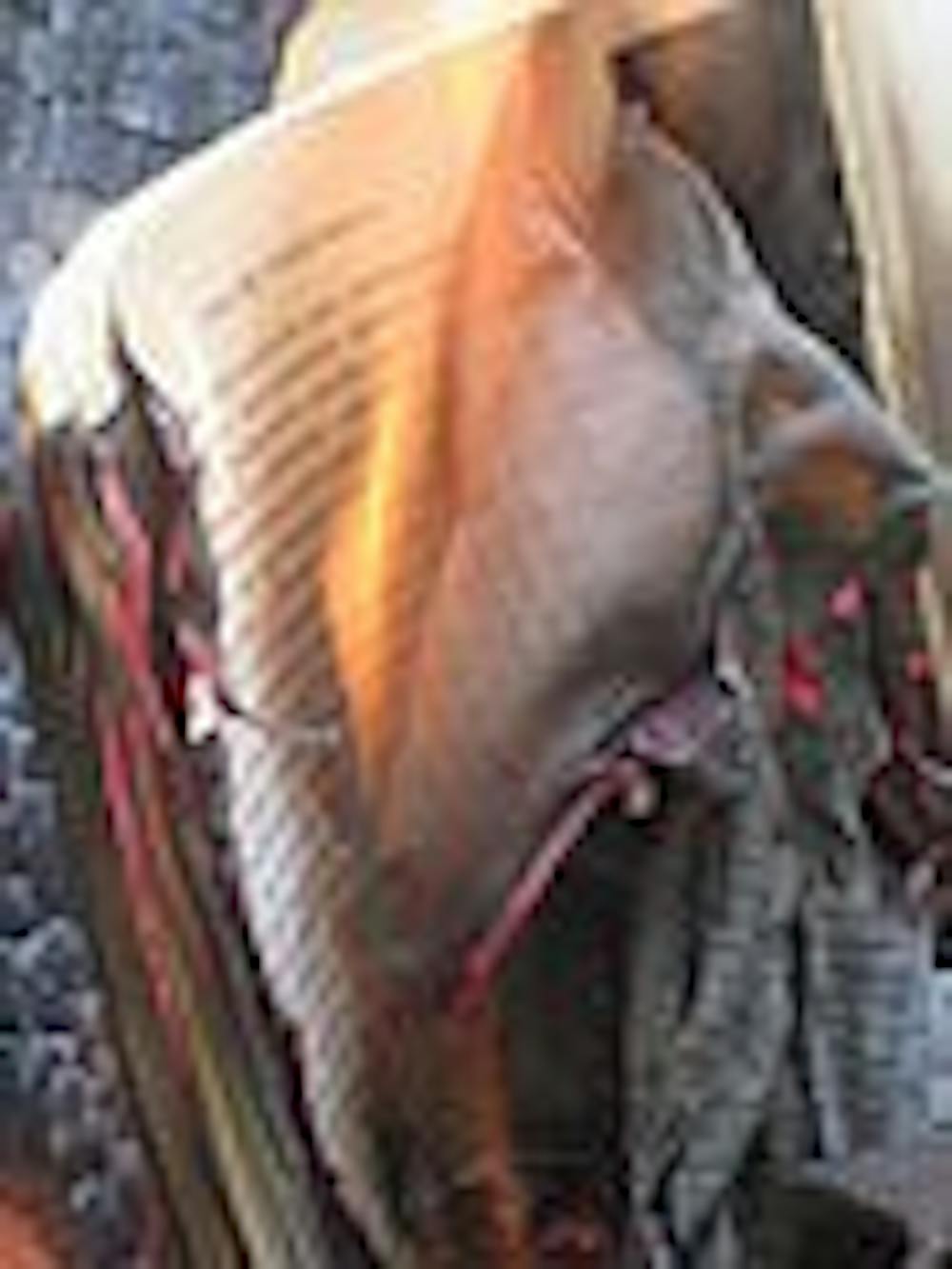In middle school, my English teacher assigned us a project that visually represented a scene from Mark Twain's 1876 novel The Adventures of Tom Sawyer. Out of the desire to have the most interactive piece, our group chose to create a diorama of the scene. Our decision was also supposed to show that we worked long, grueling hours on the diorama-- not just the few hours spent filling the box with dark paint and some pasted popsicle sticks.
The most memorable element of the project was our decision to burn the edges of a few pages of writing. We thought it would give the diorama an "authentic literary flair". At the time, it worked well. We got an excellent grade on the project, popsicle sticks, tiny wooden dolls, and all.
 The point of my story isn't to say that what we did is the same as book burnings that have occurred in the history of our society. It's to say that I've seen the way that pages curl and char as fire crumples its spirit. I've seen it happen to a simple piece of paper with insignificant scribbles, I can hardly imagine how heartbreaking it must be to see leather-bound classics and crisp pages thrown into flames.
The point of my story isn't to say that what we did is the same as book burnings that have occurred in the history of our society. It's to say that I've seen the way that pages curl and char as fire crumples its spirit. I've seen it happen to a simple piece of paper with insignificant scribbles, I can hardly imagine how heartbreaking it must be to see leather-bound classics and crisp pages thrown into flames.
For a great majority of the world, book burnings were the work of the Nazis in 1933, on the streets of Germany. To spread the Nazi ideology, and minimize the influence of other writers and thinkers, the Nazi German authorities, led by Joseph Goebbels, burned "degenerate" literature. At the local university, the Nazi Student Association (NSDStB) partnered with Goebbels to bring down this literature through book burnings. On May 10, 1933, over 25,000 volumes were burned by the Nazi Germans.
While it was just a fraction of the books in the world, it was a major hit to the literary community. The Nazi regime, in an attempt to stifle the voices of others, burned their most prized works into ashes.
 Book burning, as described in the Holocaust encyclopedia, is considered a ritual. Ritual, meaning that it happens more than once. Below, I've listed a few of the other major book burnings that have occurred in our world:
Book burning, as described in the Holocaust encyclopedia, is considered a ritual. Ritual, meaning that it happens more than once. Below, I've listed a few of the other major book burnings that have occurred in our world:
The National Library burning, Sarajevo
In the midst of conflict in the Bosnia-Herzegovina, Bosnian Serbs attacked the National Library in Sarajevo on August 25, 1992. As most of the library's structure was destroyed, upwards of 3 million volumes were burned, including historic documents from the Ottoman Empire. To put that in perspective, ASU claims to house about 3 million volumes in all of its libraries. To make matters worse, Sarajevo had little military significance. It was simply a capital city, where a huge impact and impression could be created by the military.
Pierre Armand-Dufau was named the director of the Institute for Blind Youth in France in 1840. In his brief time as the director of the Institute, he burned 73 books supporting the use of braille code with the embossing technique we are familiar with today. He believed the Boston Line method was superior. Later, it was proven that braille code was the most effective method.
Harry Potter book burning, New Mexico
In December 2001, members of Christ Community Church threw the Harry Potter series into a bonfire, citing its "satanic influence". Across the street, thousands of others protested the fire, claiming that the books were burned out of ignorance.
These book burning events were just a handful of hundreds of burnings that occur every day.
I don't mean to be a downer with my post. What book burnings show is that literature is powerful. New ideas are shared through literature each day, things that we can choose to accept as our own personal truth or not. Literature can influence an entire population.
This power is unmatchable, and that's pretty amazing.
How else do you think we can witness the power of literature? Let me know at arabusa@asu.edu or on Twitter @marie_eo.




